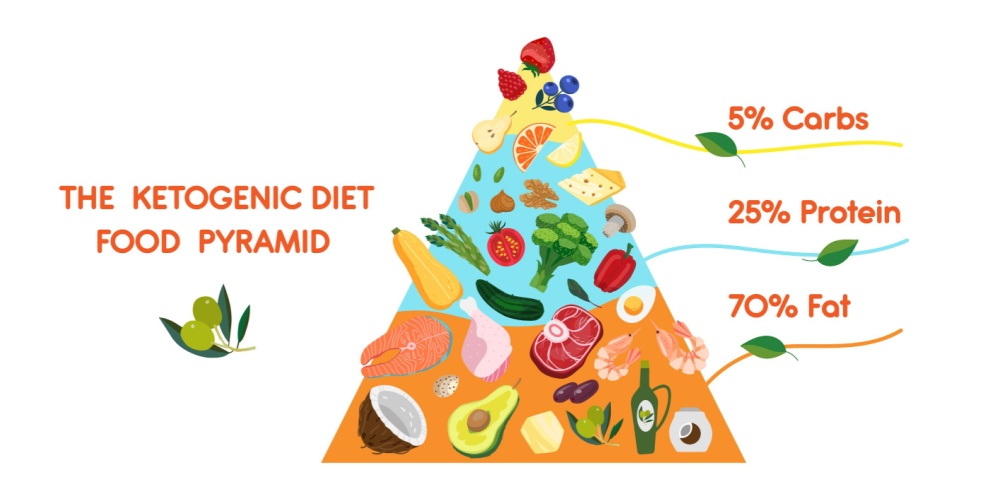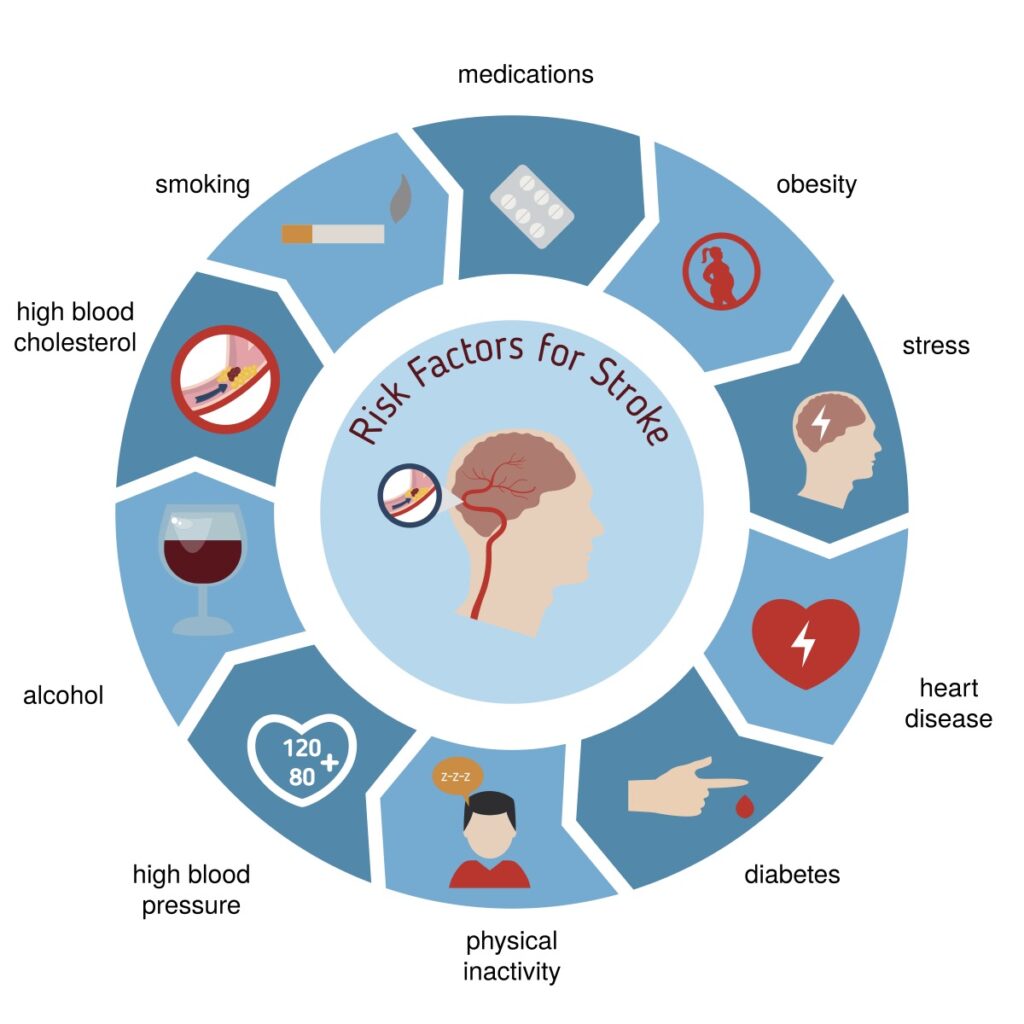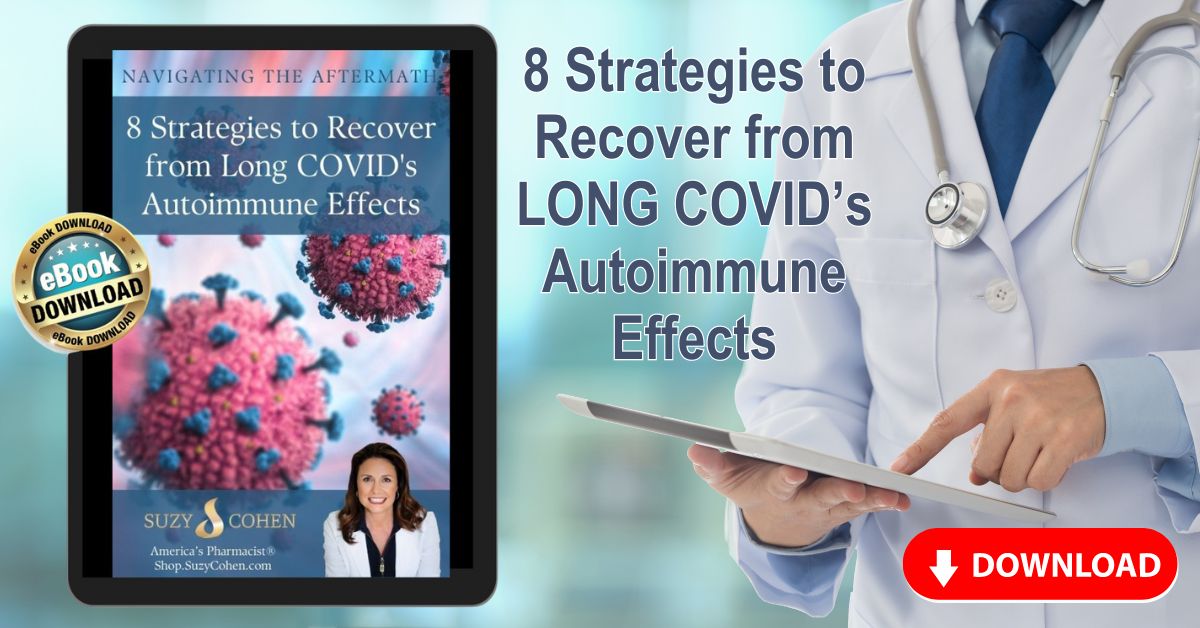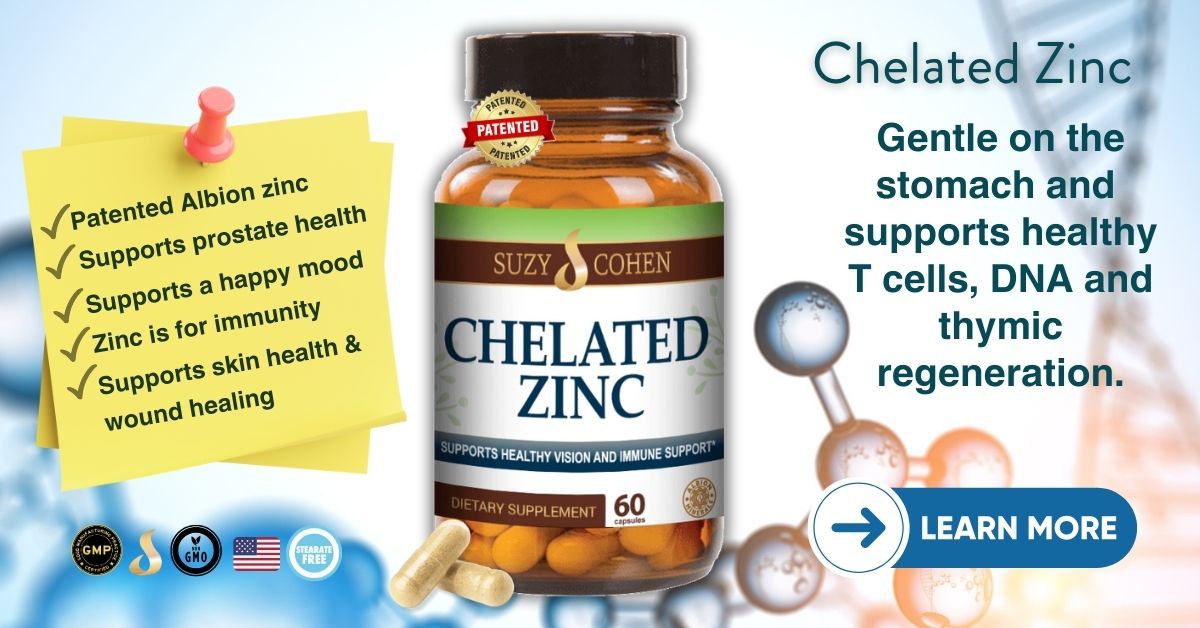What's On This Page?
ToggleI’m ready to get into the most googled health questions people have been asking recently. In our fast-paced world, it’s easy to understand why we turn to “Dr. Google” for quick answers. I’ve done it myself and been disappointed with the almost-always useless bland answers of “eat right, exercise more, and consult a physician.”
How infuriating right? When you need good answers, and reliable information but it’s just the same stuff from one major health site to another. That’s where I come in. I have a search box that allows you to search for detailed answers and help so please use it.
As for today’s blog, I’m here to provide detailed, clinically sound information to the top health questions of 2023 and 2024 so far. Curious to know the most googled health questions?
-
How to Lower Blood Pressure?
This is one of the most googled health questions of all time! Lowering blood pressure isn’t just about ditching the salt shaker, in fact that doesn’t even work permanently because hypertension isn’t a measure of your salt intake – it has to do with heart function, kidney function, and inflammation in the body.
Here’s an overview for your best strategy:
- Diet: There is some debate lately. You’ll see the online fight between dieticians who embrace the DASH diet, which is rich in fruits, vegetables, whole grains, and lean proteins vs those who promote the Mediterranean Diet and those who think Keto/Carnivore diets are ideal.We can all agree on one thing though, and that is to say that sugar, carbs, and junk food is bad. Think of your plate as a palette where green (leafy veggies), red (berries), and high-quality fats and proteins are most important.
- Exercise: Aim for at least 30 minutes of moderate-intensity exercise a few times a week.. Walking, swimming, or even dancing around your living room counts!
- Stress Management: Try breathing and avoiding conflict. Attempt to NOT engage in stressful situations. If you’d like to amp it up, go to a yoga class, or try a meditation app, or schedule a time during your day to do simple breathing exercises. Your mind needs as much care as your body. It probably never turns off, I bet your traps are tight, and your jaw is clenched a good part of the day.
- Medication: Sometimes lifestyle changes, weight loss and dietary supplements aren’t enough and at that point, it’s fair to consult your doctor about antihypertensive medications. The most popular ones are ACE inhibitors, ARBs (Angiotensin II receptor blockers) and diuretics. I’ve written about all those extensively, please use my search box above.
Finding out how to treat high blood pressure naturally is one of the most googled health questions in the past decade. Here are just two of many articles I’ve written on the topic of hypertension:
Managing Hypertension with 3 Beverages and Modern Therapy.
Replenishing 7 Depleted Nutrients From Blood Pressure Medications
-
What is Keto?
This is another one of the most googled health questions lately. People want to lose weight fast, and keto helps you do that. I mentioned this type of eating above. It’s the way I eat most of the time. The ketogenic diet, or keto, is a high-fat, low-carb diet that flips the body’s metabolic switch from burning glucose to burning fat. Your dinner plate might include a juicy steak, and a delicious salad with cheese and avocado slices in it, and of course good dressing.
And with keto, my plate would NOT include bread, noodles or mashed potatoes! If you’re wondering, a vegan or vegetarian person can in fact go keto (but not carnivore)! To be keto, it takes a little bit more careful planning, but it can be done if you’re vegan/vegetarian.
 Here’s the point of a keto-friendly diet.
Here’s the point of a keto-friendly diet.
- Benefits: Rapid weight loss because it’s low carb, reduced blood sugar levels, and increased energy for some.
- Risks: Can possibly raise cholesterol levels and is not suitable for everyone, especially those with certain medical conditions. That said, my husband has been on it, and his cholesterol numbers are actually lower and the ratios are WAY better than when he was eating vegetables and what’s considered a “balanced” diet. Homocysteine down too.
-
How to Get Rid of Hiccups?
Hiccups: the bane of our existence! It is one of those things that nags you and if it doesn’t stop rigth away, you go online to find out why. Hiccup cures are one of the most googled health questions according to statistics. Here are some tried-and-true methods to banish them:
- Breath Holding: Take a deep breath and hold it for about 10-20 seconds, then slowly exhale.
- Quick Drinking: Drink a glass of cold water quickly.
- Gargling: Gargle with water for a few seconds.
- Persistent Hiccups: If hiccups last more than 48 hours, see a doctor. Chronic hiccups might signal an underlying health issue, or use of corticosteroids or other medications that induce them.
My article with in-depth options to cure these: 9 Bizarre Causes For Hiccups And How To Stop Them!
-
How Long Does the Flu Last?
So it is true that covid has not been in the top 10 Google (health) searches of 2024. But the flu has! The flu can feel like an eternity, because it can go autoimmune similarly to other infections like covid, so download my ebook above the information may apply to the flu. Here’s a high-level view of duration, prevention and an important article.
- Duration: Symptoms typically last 3-7 days, though a cough and fatigue can linger for two weeks. Like many infections, it’s possible there can be longer ‘after’ effects if it goes autoimmune.
- Prevention: Annual flu vaccinations are your best defense. Good hygiene like washing your hands frequently and covering your mouth when you sneeze will help.
- Vitamin D and Zinc are critical for immunity. These are supplements that are known to support T helper cells, macrophages and your innate immunity.*** Please read this important article: 8 Powerful Ideas For Solving Cold, Flu And Fever
-
How to Lower Cholesterol?
High cholesterol is a stealthy foe, but you can outsmart it. Statins are popular, but they have side effects, so natural or non-medicinal ways to control cholesterol are important for your consideration. And you’re not alone, “how to lower cholesterol” is one of the most googled health questions of the past 25 years!
- Diet: Reduce intake of saturated and trans fats. Load up on soluble fiber found in oats, apples, and Brussels sprouts. Omega-3 fatty acids from fish oil, and flaxseeds are heart-friendly. Also, vitamin C is critical.
- Lifestyle: Exercise regularly, avoid smoking, and limit alcohol consumption. These changes can significantly impact your cholesterol levels.
Here’s an article I wrote with some excellent tips: 5 Surprising Ways Fig Fruit Extract Helps Glycemic Control And Cholesterol.

-
How to Relieve Bloating?
Bloating can ruin your day, it can change the way you dress, and it can make you uncomfortable. I didn’t know that this question was among the top 10 most googled health questions, but it is. What a surprise to me.
Here’s how to ‘deflate’ the discomfort:
- Diet: Avoid gas-producing foods like beans, cabbage, and carbonated drinks. Eat slowly to prevent swallowing air.
- Test Yourself: People who are gluten-sensitive tend to bloat right after eating, and sometimes run to the bathroom too! The food is in and out. Test yourself.
- Habits: Skip the chewing gum and smoking. Over-the-counter medications like simethicone can also help if it’s a temporary problem from the cauliflower rice you just ate!
- Medical Attention: Seek help if your bloating is persistent or if it’s accompanied by weight loss, blood in the stool, cramping, or vomiting.
- Here’s an article are wrote: Don’t Ignore Bloating (It Could Be Ovarian Cancer).
-
What Causes Low Blood Pressure?
Low blood pressure (hypotension) might sound ideal, but it can cause issues like fainting! This happens on occasion from taking a medication that has hypotension as a side effect. It is among the most googled health questions of the past two years.
- Causes: Dehydration, prolonged bed rest, pregnancy, certain medications, and medical conditions like Parkinson’s disease. Also, medications for hypertension can lead to hypotension if the dose is too high.
- Symptoms: Dizziness, fainting, fatigue, and blurred vision. If you experience these, a thorough medical evaluation is
- Here’s an aritcle I wrote about POTS which is very interesting: POTS: 4 Ways That Salt Affects Your Blood Pressure.
Also, this is related and very popular: Revealing 15 Hidden Causes of Shortness of Breath and How to Overcome Them.
-
What Causes Warts?
(Yes – this is one of the most googled health questions!)
Warts are more than just a cosmetic nuisance, it’s an infection on the skin:
- Cause: The human papillomavirus (HPV) is the culprit, spreading through direct contact or shared items like towels. There are about 150 different types of HPV and the ‘wart’ kind infects the top layer of the skin, it is not systemic.
- Prevention and Treatment: Avoid touching warts, keep personal items personal, and use over-the-counter treatments or see a dermatologist.
- I don’t yet have an article specifically on warts, but I will write one soon. If you are interested in other skin issues, read The 6 Best Peptides For Beautiful Skin.

-
How to Prevent a Stroke?
Strokes can be life-altering, but many are preventable for some people if they know the risk factors. Controlling blood pressure, diabetes, and cholesterol levels. Also, lipoprotein A, and PTH levels. That last one is rarely measured, but if your PTH is high, your risk factor for stroke goes up, at least for women.
I’ve posted a screenshot to prove this to you from the Journal of Neurology Research which explores the association between hyperparathyroidism and ischemic stroke risk. I’m glad I had my adenomas removed! You can watch my VLOG HERE to find out what you should know before and after surgery.

- Lifestyle Choices: Avoid the problematic things that increase risk of stroke such as drinking, smoking, consumption of trans fats, being sedentary, and failing to treat sleep apnea. Regular check-ups and adhering to prescribed medications such as anti-coagulants and blood thinners are important, don’t miss those. Controlling cholesterol is also important, here are NATURAL OPTIONS.
Preventing a stroke is one of the most googled health questions lately partly because of covid – it was a known complication.
-
How Long is Strep Throat Contagious?
Strep throat can make you the unwanted life of the party, it’s most common in kids. But adults get it too, and it’s contagious. It’s also quite painful! When you think about the most googled health questions, you might think about treatments for strep, not “how long is it contagious” but anyway, it is what it is.
- Contagious Period: Without treatment, it’s contagious for 2-3 weeks. With antibiotics, the contagious period drops to 24-48 hours.
- Symptoms: Sore throat, fever, and swollen lymph nodes are typical. Seek medical advice for proper diagnosis and treatment because if you let this one persist, the complications are dangerous. For example, mastoiditis, Scarlet Fever, Rheumatic Fever and Toxic Shock Syndrome are all possible. Also, a kidney inflammatory problem termed Post-Streptococcal Glomerulonephritis can occur. Strep treatment requires an antibiotic.
Read my advice about sore throats here: 6 Incredible Fast-Acting Sore Throat Remedies.
Summary
There you have it, the top health questions of 2023 and 2024 so far, answered with some degree of detail, and special article links provided. I hope these insights have helped. I wrote them to empower you on your health journey. Stay informed, stay healthy, and never hesitate to ask questions you can email me here if you have a question or clarification: scriptessentials@gmail.com

Suzy Cohen, has been a licensed pharmacist for over 30 years and believes the best approach to chronic illness is a combination of natural medicine and conventional. She founded her own dietary supplement company specializing in custom-formulas, some of which have patents. With a special focus on functional medicine, thyroid health and drug nutrient depletion, Suzy is the author of several related books including Thyroid Healthy, Drug Muggers, Diabetes Without Drugs, and a nationally syndicated column.


